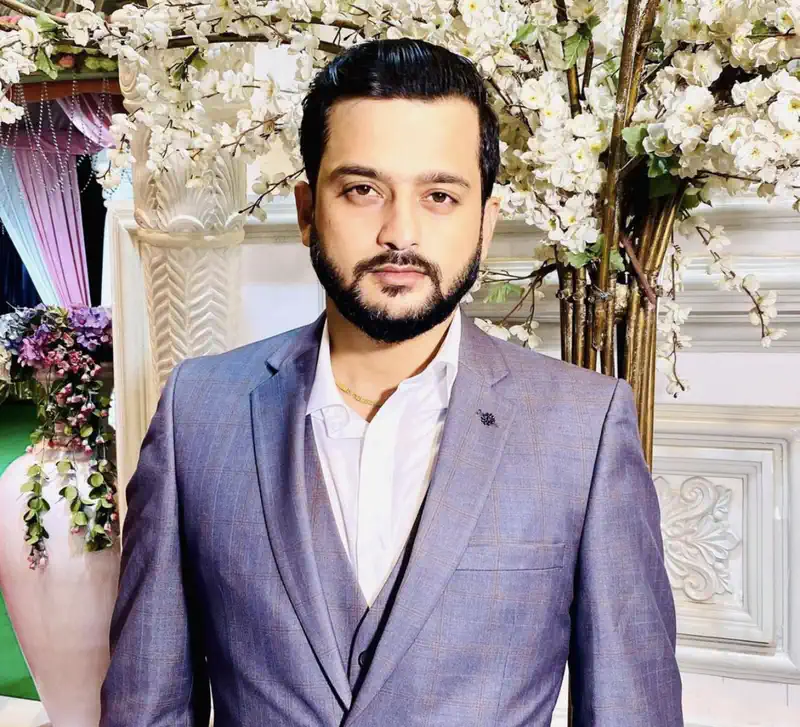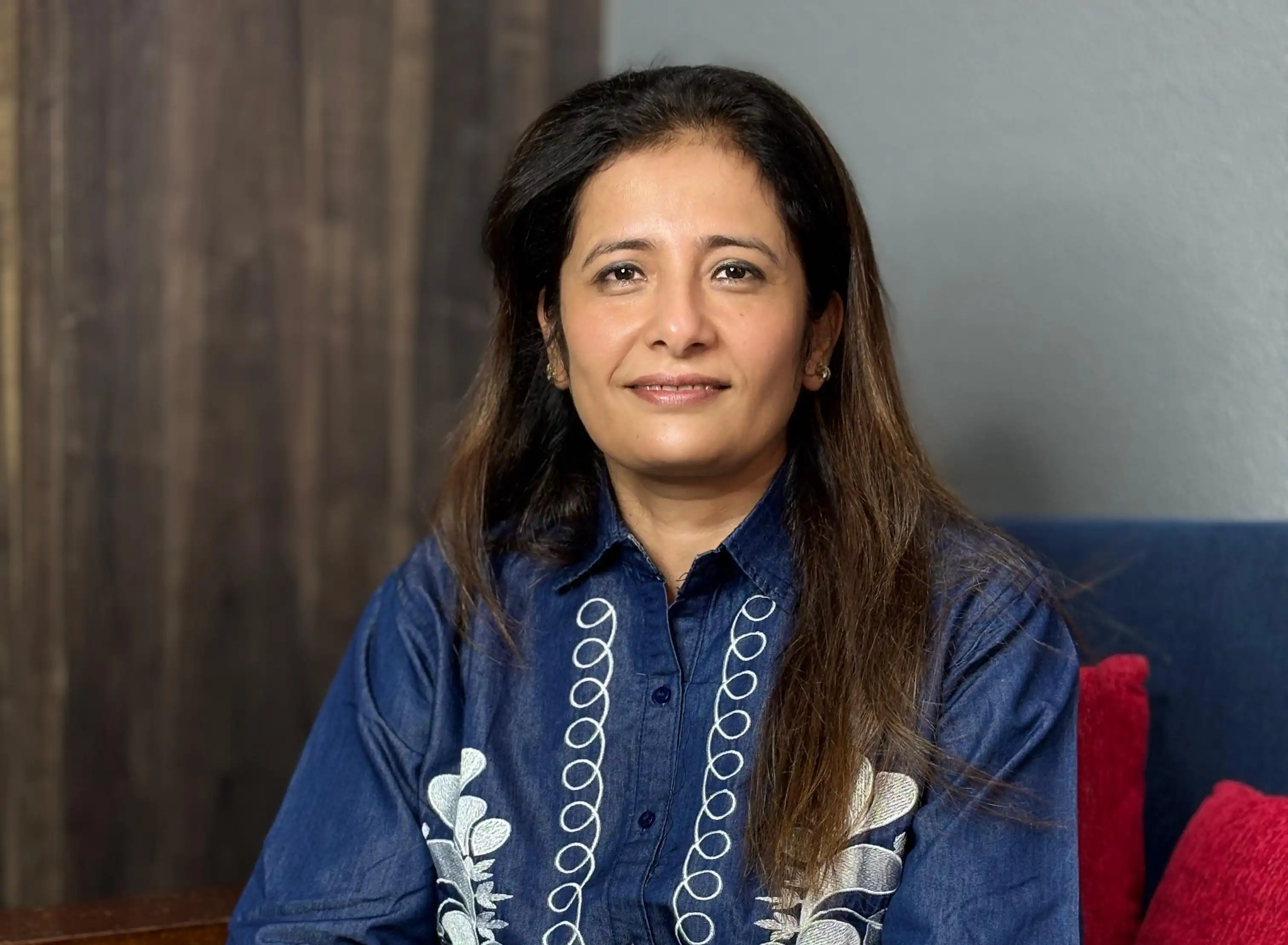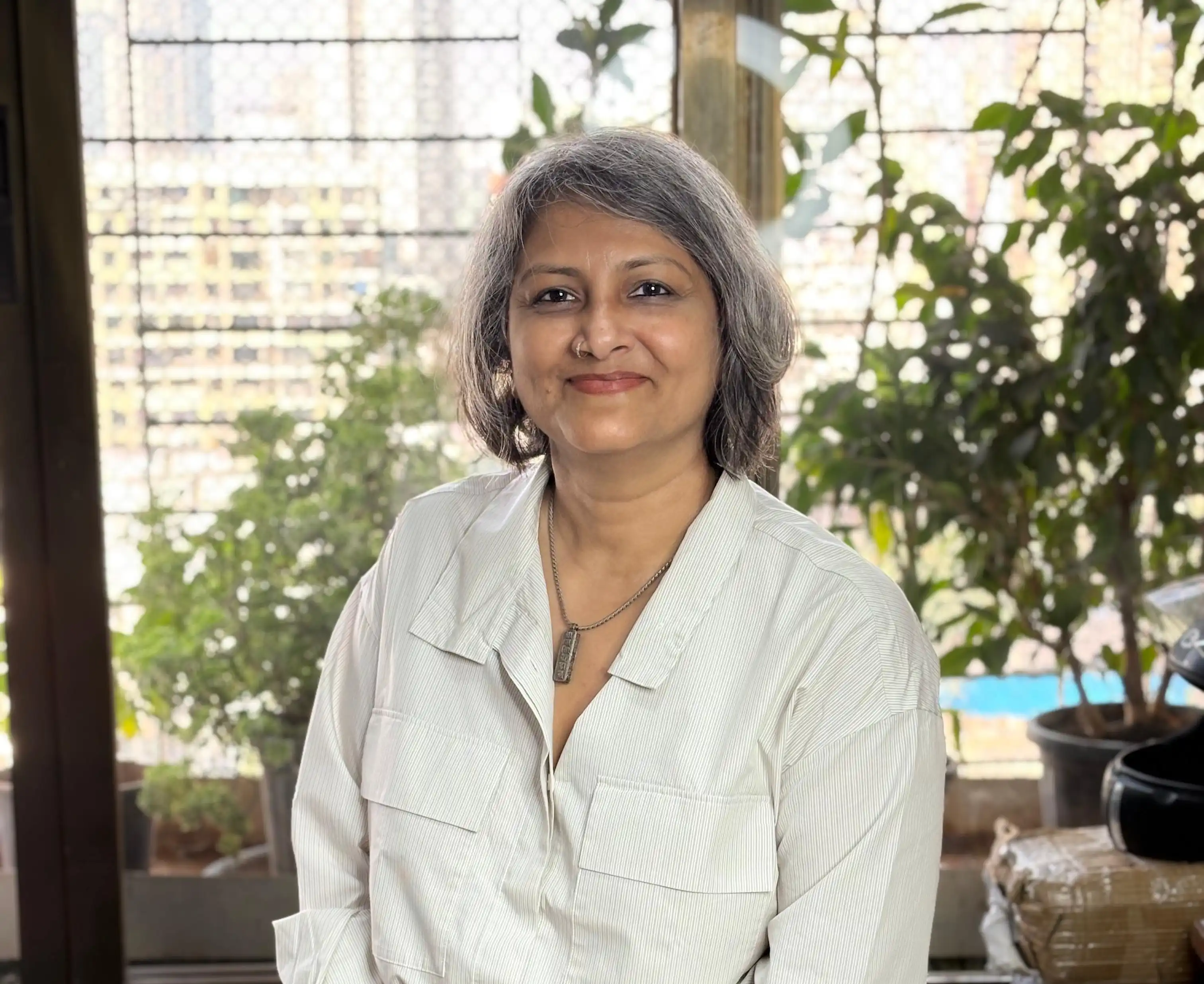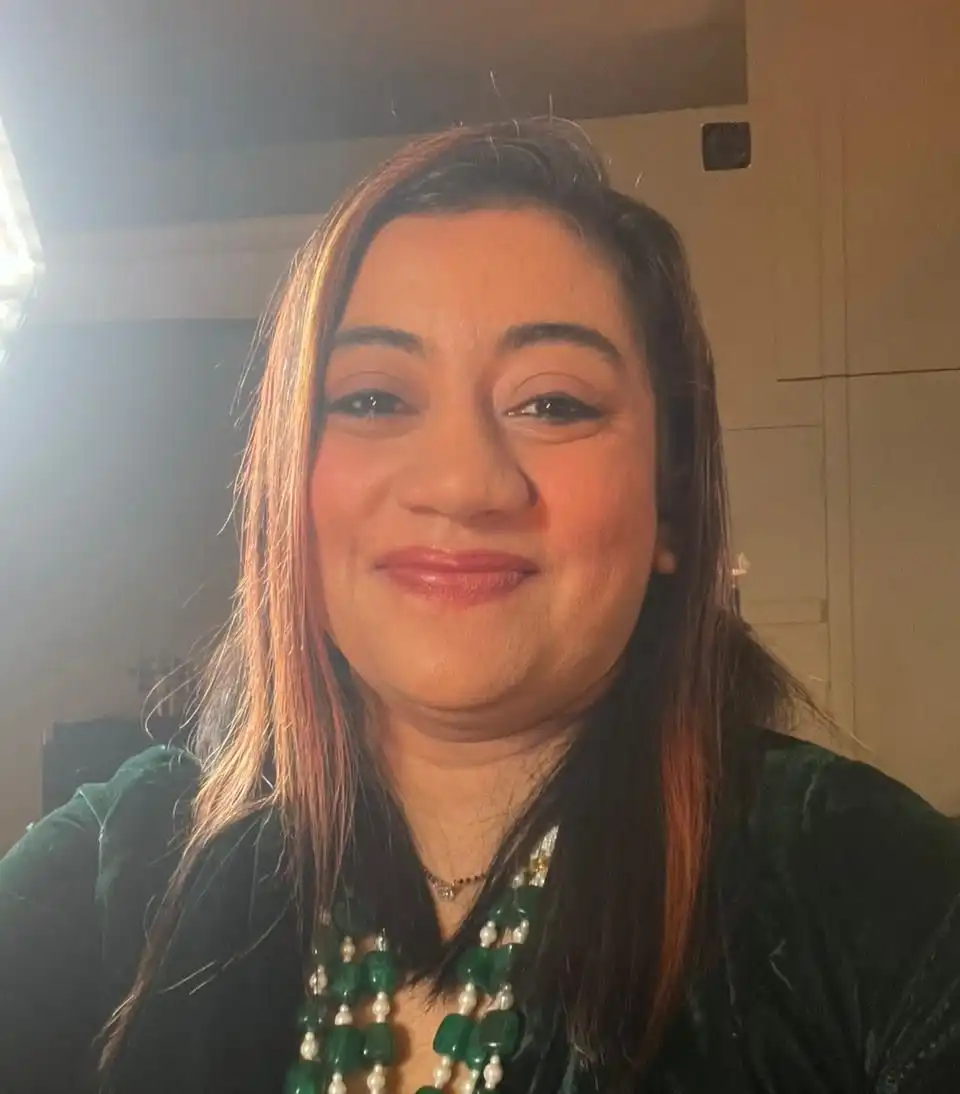In an age of modern skepticism, astrology continues to captivate millions worldwide. Yet, with its growing popularity comes a slew of myths that cloud the true essence of this ancient practice. Renowned astrologer Ashutosh Clairvoyant has made it his mission to dispel these misconceptions and provide clarity on the subject.
“Many people have misconceptions about astrology, especially those who are unfamiliar with its depth and complexity,” Ashutosh Clairvoyant explains. “Astrology is far more than just ‘sun sign horoscopes,’ and understanding its true potential requires a more nuanced perspective.” One of the biggest myths about astrology is that it revolves solely around sun sign horoscopes – the brief predictions one finds in newspapers or online. Ashutosh Clairvoyant reveals that these horoscopes, first popularized in the 1930s as entertainment, barely scratch the surface of astrology. “Sun sign columns are a simplification of a vast, complex field. True astrology, which has been around for over 2,000 years, involves much more than just someone’s sun sign,” he says.
While astrology can offer insight into an individual’s personality, Clairvoyant emphasizes that it is just one aspect of the broader picture. “Personality traits are just a small part of a person’s horoscope, about one-twelfth of it, in fact. There are 12 houses in astrology, each representing different facets of life, such as relationships, career, and health. Astrology provides a much deeper understanding than just a personality profile,” he clarifies.
Although astrology can offer predictive insights, Ashutosh stresses that it is not primarily about forecasting future events. “In Western astrology, 95% of what we do is about understanding predispositions and tendencies, not making hard predictions about specific dates or events. It’s about empowering people to navigate life’s challenges with greater awareness,” he notes.
Another common criticism is that astrology doesn’t account for the precession of the equinoxes, which skeptics argue invalidates the practice. Clairvoyant explains that Western astrology uses the tropical zodiac, which is season-based, not constellation-based. “Western astrology sets the Vernal Equinox as 0 degrees Aries and divides the year into 12 segments, corresponding to the signs. We’ve been aware of precession for over 1,000 years and chose not to include it for valid reasons.”
There’s a widespread assumption that astrologers are money-hungry, exploiting vulnerable individuals. Clairvoyant is quick to counter this notion: “The majority of astrologers I know work modestly, often holding part-time jobs to support their passion for astrology. Their main goal is to help people better understand themselves and their relationships, not to deceive or manipulate.” Ashutosh Clairvoyant also highlights the positive impact astrology can have on personal relationships. “Astrology is a valuable tool for understanding others and navigating differences. When you realize that someone is behaving a certain way because of who they are astrologically meant to be, it fosters empathy and patience,” he shares.
For Clairvoyant, astrology offers more than predictions – it’s a means to better understand ourselves and others, cultivating more harmonious relationships. “The more we understand another person’s worldview, the more positive energy we can share with them. Astrology helps bridge the gap between perspectives, making our interactions smoother and more compassionate.”
As Clairvoyant puts it: “Astrology isn’t about magic or mysticism. It’s about understanding ourselves, our relationships, and the world around us, helping us live more fulfilled lives.”




